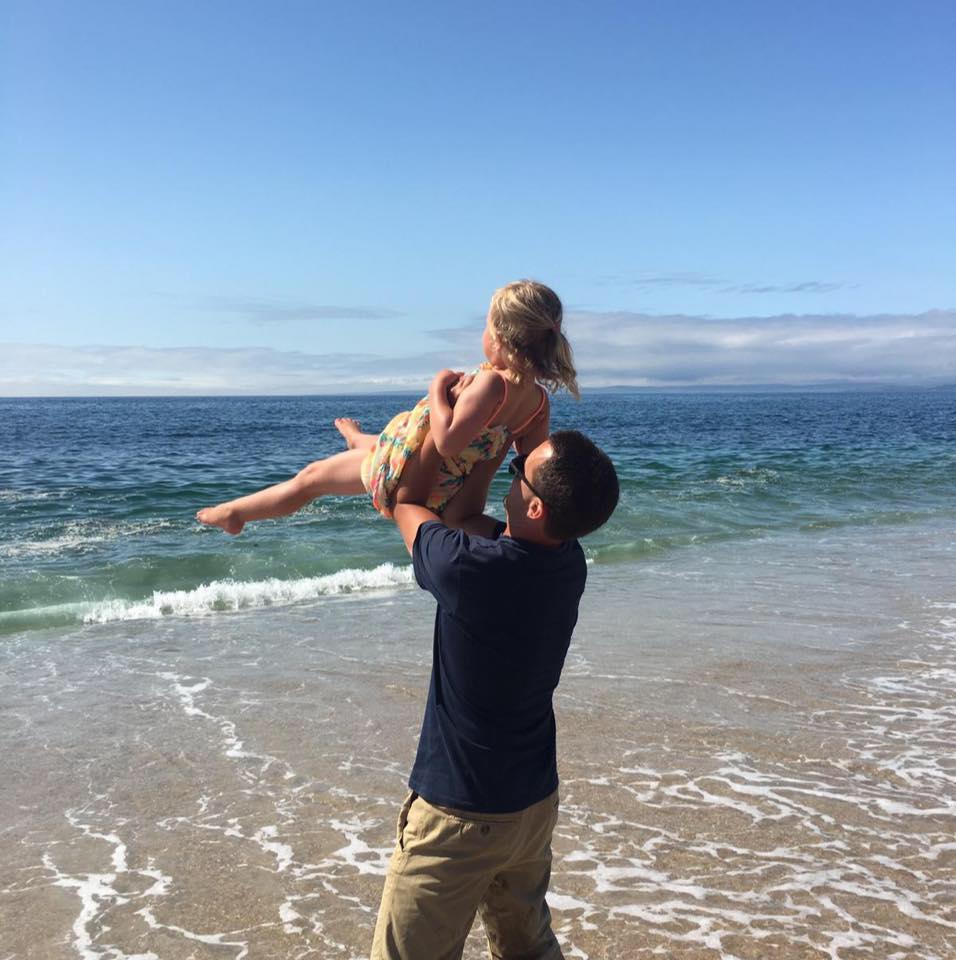Congratulations on your promotion, Kerryn! Can you tell us a bit about your academic and professional journey to this point?
Thanks! Like everyone trying to develop a career in research my main goal has been to stay employed, and I have had a series of fixed-term contracts on cool projects that allowed me to do that (just). I worked with Ruth Garside and others in ECEHH for a few years and they are a wonderful, supportive group, then left to move more into health research with PenCLAHRC (as it was). When I arrived, I started work on acute paediatric admissions with Vashti (Berry) and Stuart (Logan) and whilst it was a steep learning curve I thoroughly enjoyed being so close to services and doing research that fed into delivery. Since then, I have moved into research around social prescribing as it was being implemented in the absence of robust evidence; I’ve been able to develop a programme of work in that field – all supported by PenARC and our Universities (Plymouth and Exeter).
What have been some of the biggest challenges you’ve faced along the way?
As above, staying employed! The system is set up so that hopping between short-term fixed contracts is the only way to stay in research. I can see why it has ended up this way, but it is hard on everyone and feels like it doesn’t really help any of the components of the system. There is constant tension between the jobs that are on offer, your interests and skills, and the development criteria put in place by our institutions (usually around ‘coherence’). The ARC has been incredible as supporting infrastructure (and people) for the researchers who are part of it and to navigate these challenges. Like everyone else, the pandemic was a deeply challenging time and unsurprisingly it turns out I’m a completely useless primary school teacher. That said, the move to more online and virtual collaboration has meant interaction with more widespread teams and led to some long-term fruitful collaborations with people I’d count as friends now.
Is there anyone you’d like to acknowledge who has supported or influenced your journey?
Definitely. I think Covid showed us that being in academia is a social endeavour and that when that was removed it was incredibly hard on so many levels. I feel incredibly lucky to have had some amazing people that have kindly put time into mentoring me, showing me how to do things, and been role models. I think ARC has a reputation for being a group of researchers who feel passionately about their topics but also working collaboratively, and that reputation is justified. Because we have worked so closely and they have been so kind, I would specifically thank Ruth Garside, Vashti Berry, Stuart Logan, and Richard Byng as people who I’ve learnt so much from. Also, my PhD supervisor Malcolm Williams in Cardiff. They all manage to be top researchers but also lovely humans, which isn’t always the case.

Can you tell us about a piece of research you’re especially proud of?
I’m really proud of everything I’ve had the opportunity to be involved in, but two areas stand out at the minute. The first is the SP-EU programme, where we are trialling social prescribing across Europe as a vehicle to engage groups otherwise left behind by services in eight countries. This was tricky to get off the ground and funded, especially as a partner in the UK (because, well, politics). It is led by Charitè in Berlin and brings together research teams from all across the EU, which has been an amazing learning experience, but we also now have a collaborative that I’m proud to be part of. Secondly, the CHOICES programme around children and young people’s social prescribing that Vashti and I co-lead. This work has developed from some conversations over coffee into a series of funded projects that generates evidence we know is needed by services, and informs policy work we have been very close to. That is exciting, but importantly it has all been driven by young people who have worked so closely with us across the whole programme, and we have all found that rewarding, engaging, informative and of course challenging in places.
Are there any upcoming projects or areas of work you’re particularly excited about?
I’m really excited about a lot of stuff coming up, but three areas really stand out. Firstly, Vashti (Berry) and I are planning some projects around social prescribing for children and young people. We have a great team spanning quite a few Universities and it has been fantastic to get to know this group of researchers. We feel we can do something useful in that space; we just need the funders to agree. Secondly, I’m involved in quite a few international projects (a Horizon-funded trial, some policy work in Canada etc.) and getting to know, work alongside and learn from teams in those places has been hugely enjoyable. We have discovered we are often working on similar issues, with similar constraints, to the same end, but with differing contexts, and those conversations have often ended in fruitful collaborative relationships (and some cool travel of course). Thirdly, the work I’m involved in with ECEHH (Ruth Garside, Becca Lovell, Harriet Hunt and others) around green social prescribing has brought us all quite close to policy and decision making in England and it is so interesting to see the intersection of evidence generation, interpretation, reporting and then into policy and delivery.
When you’re not immersed in research, what do you enjoy doing outside of work?
We moved when I took this job and find ourselves on the Cornish moors, so a lot of walking and generally being outside is what we enjoy. I also swim a lot. But we have two young daughters and so actually what I do outside of work is ferry them to various sports clubs, parties, we play games, and watch Ben and Holly or Bluey…